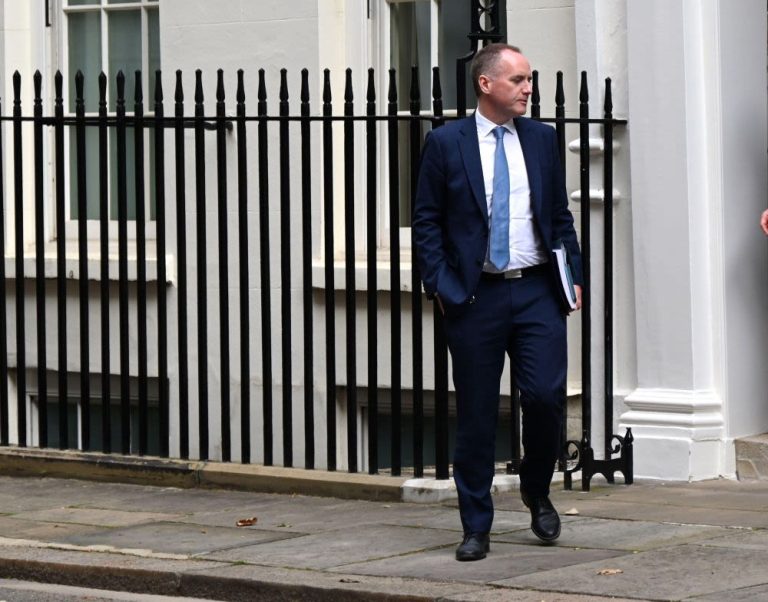
As the founding conference of “Your Party” draws near, the fledgling left-wing movement launched by Jeremy Corbyn and MP Zarah Sultana has become mired in a bitter contest for control. What began as a promise of unity and grassroots democracy has quickly degenerated into factional skirmishes over membership data, finances and leadership structure. With delegates to the conference selected by lottery and a leadership election slated for early next year, supporters and organisers alike fear the chaos may ultimately sink the party before it even takes off.
Origins of the Corbyn–Sultana Rift
In July, Jeremy Corbyn and a group of Independent MPs unveiled plans for a new political formation, designed to fill the space to Labour’s left. A meeting of the party’s Organising Committee appeared to endorse a co-leadership model with Corbyn and Sultana at its head. However, Corbyn refused to cast a vote, while Sultana immediately declared her intention to found the party alongside him—and to quit Labour.
This sudden announcement stunned Corbyn’s camp and triggered the first round of public squabbling. Corbyn allies felt blindsided, insisting that all nine Independent MPs should share power equally. Sultana’s supporters argued she was simply following the roadmap agreed at the initial meeting. Within days, the new venture—colloquially dubbed “YP”—was displaying more internal rivalries than policy platforms.
Membership Launch Fiasco
September marked a watershed moment when Sultana’s faction unilaterally launched an online membership portal and email sign-up drive. In just a few hours, more than 20,000 supporters joined and nearly £500,000 poured into the coffers. But Corbyn’s Peace and Justice Project (PJP) swiftly denounced the initiative as “unauthorised,” urging new members to cancel direct debits and ignore the invitation.
Behind the scenes, PJP controlled the original mailing list data, while a separate company—MoU Operations, backed by Sultana allies—held the donation account. As Sultana acquired MoU outright, legal threats flew between camps, prompting a referral to the Information Commissioner’s Office over potential data misuse. Meanwhile, Corbyn’s team has insisted the party will only accept the £800,000 raised initially through PJP, rejecting the half-million from the portalled launch.
Cash and Control: A Financial Tug-of-War
The split control of funds has hampered preparation for the Liverpool conference (29–30 November). MoU directors offered to hand the entire company to the MPs, a move the latter rebuffed—demanding instead that only the money be transferred. Sultana’s camp countered that MoU funds faced legal risk if tied directly to the Independent MPs’ bank account.
Ultimately, Sultana agreed to release the MoU balance in three tranches of £200,000, easing immediate cash flow for conference organisation. Corbyn’s allies attacked these partial transfers as “insufficient,” further straining relations and solidifying a de facto split between parliamentary co-founders.
Athenian Democracy and the Conference Lottery
In a bid to curb entryism by organised factions, YP adopted sortition to select conference delegates. All applicants were entered into a random draw, with no membership in other political parties permitted. Proponents argue this “Athenian democracy” prevents small, coordinated groups from dominating proceedings. But sceptics warn randomly chosen attendees may lack the resolve to challenge powerful organisers, and note that key activists risk being excluded if they hold dual memberships.
Leadership Contest on the Horizon
As hostilities persist, attention turns to the leadership election scheduled after the conference. Although Corbyn has not officially confirmed his candidacy, virtually everyone expects him to stand. Sultana has likewise vowed to contest the top job. With both camps hurling anonymous leaks and public barbs—Sultana privately calling Corbyn’s allies a “sexist boys’ club”—the race already appears rancorous.
A handful of non-MP figures, including activist Joshua Virasami, have been floated as potential “protest candidates,” but none have declared. Corbyn’s supporters privately hope a simple motion ratifying him as interim leader might unify the group—yet neither side shows signs of backing down.
Green Surge and Electoral Pacts
Amid the infighting, the Green Party under Zack Polanski has surged in the polls, prompting YP strategists to argue an electoral pact is crucial. But whether such an alliance would strengthen or further dilute YP’s identity remains fiercely debated. Some warn that without a clear identity and cohesive leadership, the party risks being eclipsed by the Greens before it even contests a by-election.
Grassroots Morale and Organising Hurdles
Membership enthusiasm has waned in recent weeks as reports of legal battles and funding shortfalls dominated headlines. Conference ambitions have been scaled back from over 10,000 anticipated delegates to roughly 3,000–4,000. Volunteers—many unpaid—have battled logistical nightmares on a shoestring budget, while factional jostling has hampered policy development.
Supporters who believed they were joining a fresh, unified project now find themselves in a fractious environment more reminiscent of historic party splits than a new grassroots movement. Yet many remain committed, hoping that the conference can reset dynamics and steer YP toward a coherent vision.
The Road Ahead
As the founding conference approaches, key questions loom large:
- Will the lottery method prove an effective shield against entryism—or spark new controversies over delegate legitimacy?
- Can the cash dispute be definitively resolved to equip organisers for a successful launch?
- Will the leadership election culminate in renewed unity or further fracture the movement?
- How might an alliance with the Greens shape YP’s electoral prospects?
One senior insider quips: “We’ve got more infighting than MPs—until we sort that, there’s no platform left to stand on.” The next few weeks will determine whether Your Party emerges as a genuine contender or collapses under its own internal strife.





